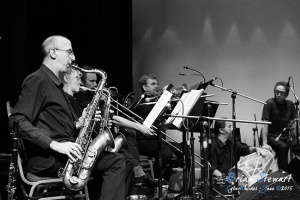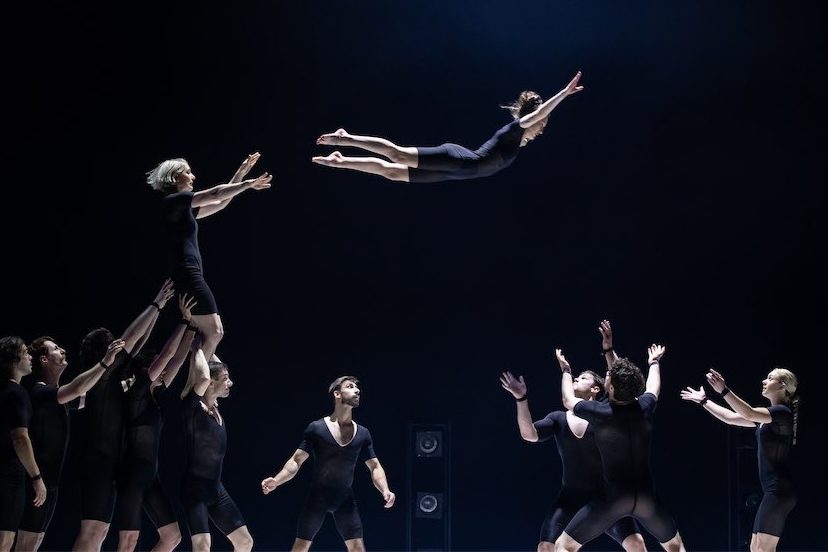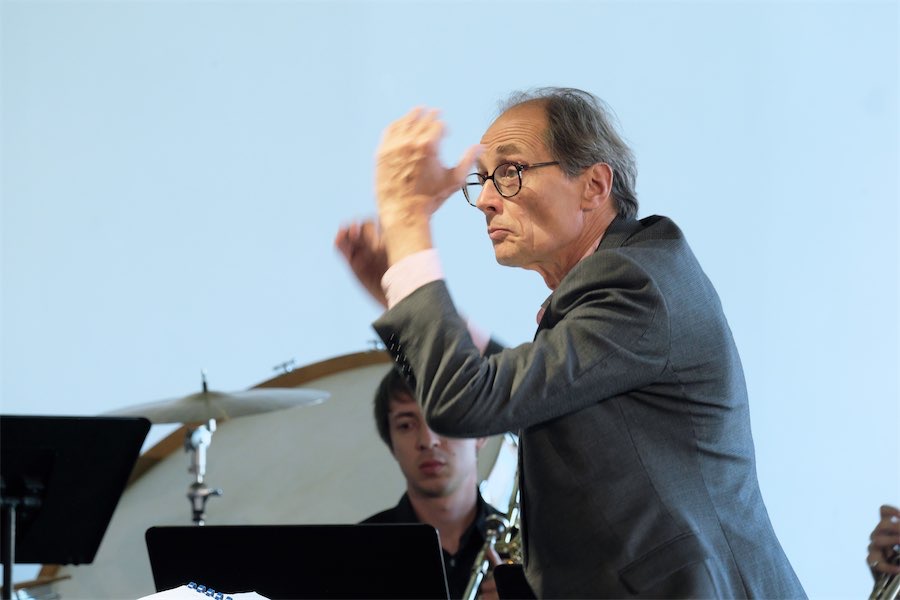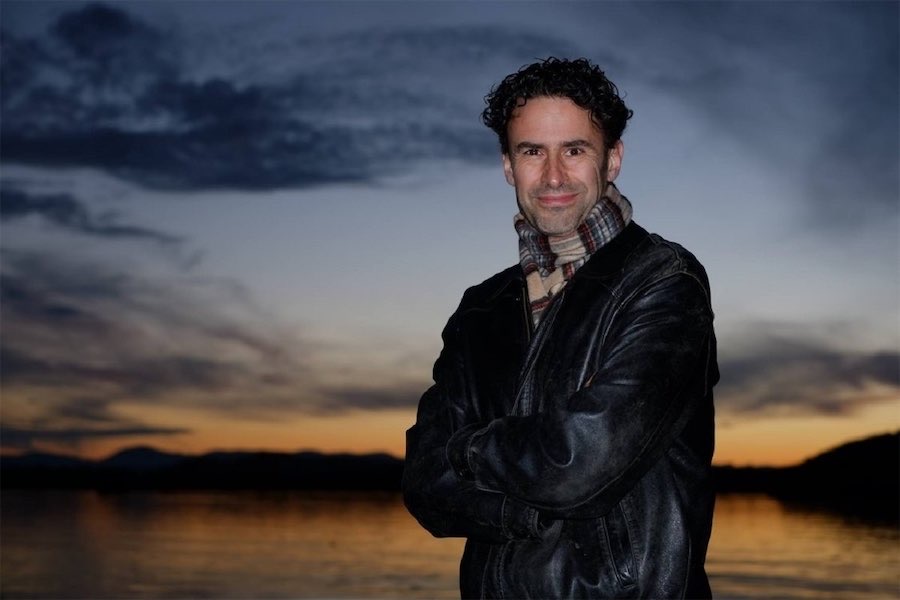“THE tendrils run wide and deep,” says Australian double bassist Lloyd Swanton of the ill-fated Gull Force campaign in Ambon, (now in Indonesia’s Maluku province) during World War II.
 For not only was his paternal uncle Stuart Swanton destined to die in Ambon, in his case of beriberi, but so had the parents and forbears of other musicians with whom he has played over the years.
For not only was his paternal uncle Stuart Swanton destined to die in Ambon, in his case of beriberi, but so had the parents and forbears of other musicians with whom he has played over the years.
Like Jonathan Mills’ “Sandakan Threnody,” Swanton’s composition “Ambon” pays homage to a generation of servicemen who suffered and died at the hands of the Japanese, though in his plain and simple narrative he is quick to identify stories of reconciliation between Australians and relatives of their former torturers.
But unlike Mills, whose composition falls into the classical idiom, Swanton, an eminent jazz instrumentalist and experimenter, uses a full range of musical traditions to inform this sophisticated work, which demands attention and empathy.
Beginning with his extraordinary brass section’s rather formal Hymn to Christ the King (Stuart Swanton was devout enough to be made substitute chaplain after the real one died) Swanton uses narrative and slide projections sparingly, preferring to depict life in the Ambon POW camp through music of all kinds – hymns, work songs, gospel, military marches and jazz.
An early movement, “Ambiont [sic] Jungle”, brings his three percussionists Fabian Hevia, Ron Reeves and Hamish Stuart together in a dramatic evocation of the jungle’s often-surprising cacophony.
If this work is a threnody, it is occasionally a happy one, as the movement “Camp Concert I: String Band Suite” shows. Drawn from his uncle’s diary, which was written in code and retrieved after the war, this section reflects the way Stuart his comrades cobbled together a camp band (“bloody awful”, one survivor said) for which he once wrote a tropical island song. With echoes of cheesy Indonesian ‘keroncong’ bands, he uses the expertise of Michel Rose on pedal steel guitar and Chuck Morgan on ukulele to sing of the human spirit, even in darkness.
Matching Stuart’s fondness for playing the viola, a soaring melody is performed with feeling by James Eccles on Stuart’s own viola.
After a verbal diary description of the appalling rations on which the POWs live, Swanton turns again to brass, with the with a raw and attenuated movement, “Camp Concert II – Top Brass” in which the instruments are blown into and at, dismantled, beaten, scratched and tapped to create a sense of bare survival. The informative program (which I read after the concert” confirms that the instruments, like the men, were mostly “damaged beyond repair.”
Stuart’s diary reports, “There is a saxophone, except for the mouthpiece” and Swanton uses this to full effect through his sax players Sandy Evans and Paul Cutlan.
The shorter second half of “Ambon” reflects on the darkest days at the POW camp as the near need the end of the war, when the treatment of the prisoners becomes worse. Here Swanton hits his straps, performing a breakout piece on his double bass while Hevia hits the strings with sticks, an ‘in’ musical reference to the composer’s experiences in RSL clubs when he was younger.
The climax of “Ambon” is a gloriously discordant work-song, “The Long Carry,” performed with strength of the full band, with Evans, Eccles, Swanton and electric guitarist Jon Pease soaring above the others. This was surely the highpoint of this year’s Capital Jazz Project at the Street – radical, grim, yet triumphant.
Who can be trusted?
In a world of spin and confusion, there’s never been a more important time to support independent journalism in Canberra.
If you trust our work online and want to enforce the power of independent voices, I invite you to make a small contribution.
Every dollar of support is invested back into our journalism to help keep citynews.com.au strong and free.
Thank you,
Ian Meikle, editor




Leave a Reply